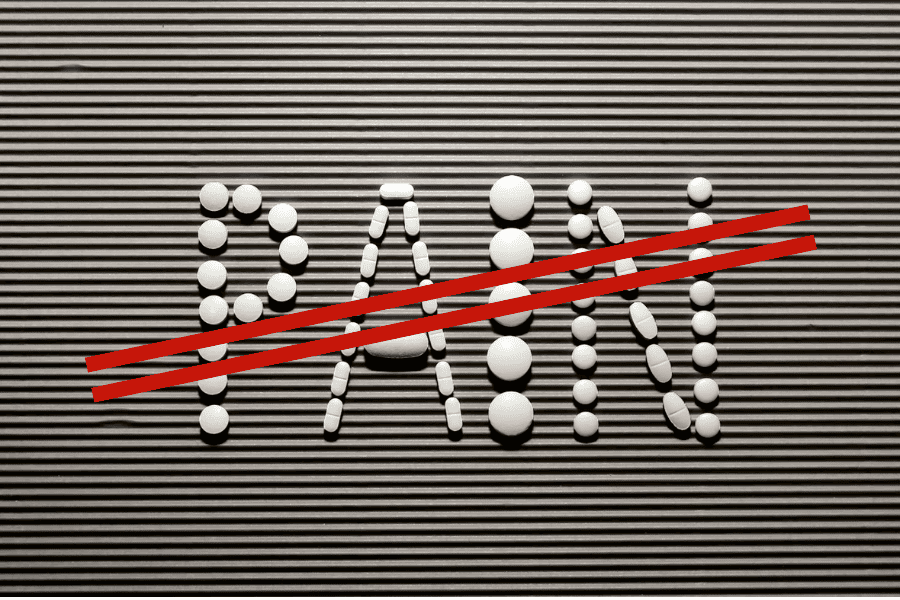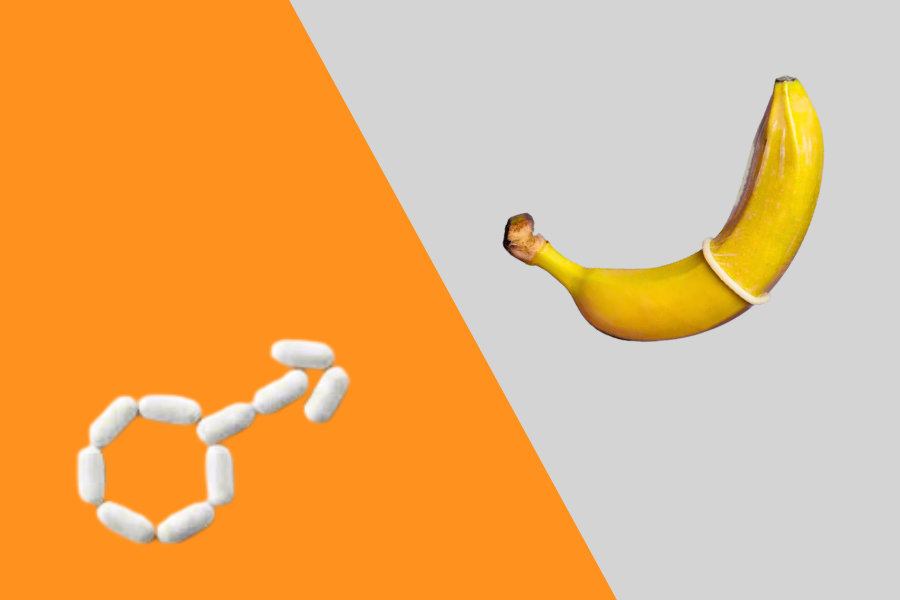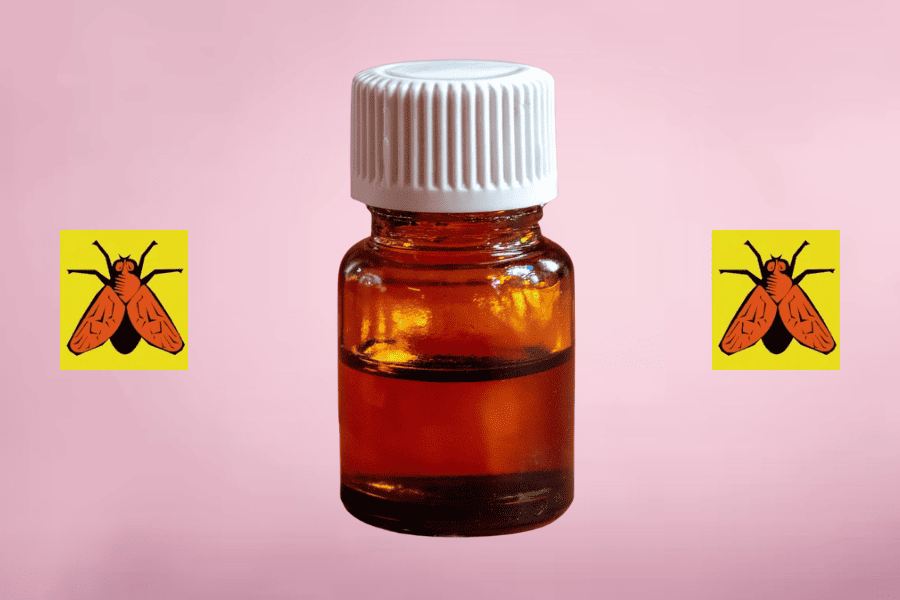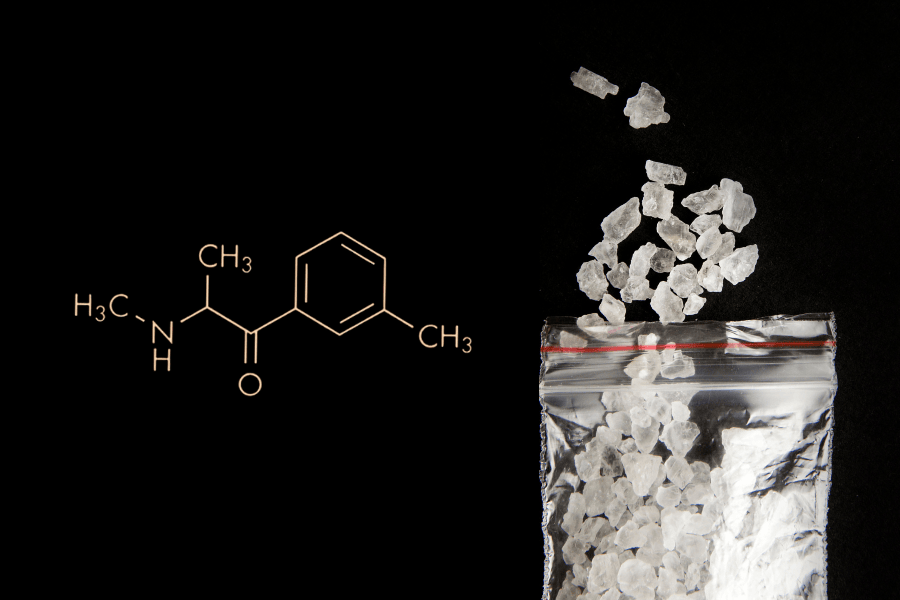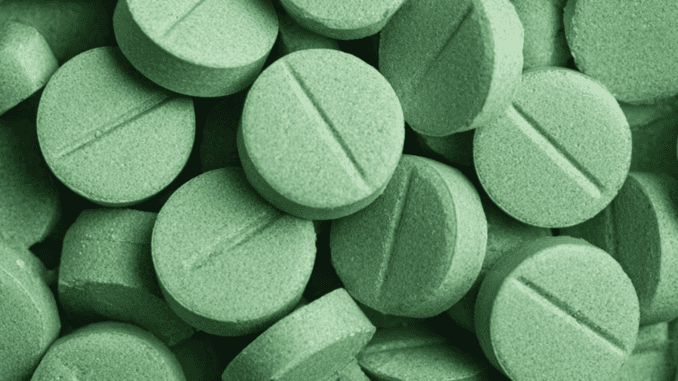What is amphetamine?
- Funcaps
- Blogs about research chemicals
- 7 Nov 2024
- 35views
- Reading time: 4 minutes

Amphetamine, often abbreviated to “speed,” is a powerful stimulant that affects the central nervous system. This means that its use increases energy levels, promotes alertness and can induce an intense feeling of euphoria. Amphetamine is used as medicine in some cases, but it is also known as a recreational drug. In this blog, we discuss exactly what amphetamine is, how it works, its effects on the body and mind and the possible risks associated with use.
What is amphetamine?
Sometimes the question comes up: what is amphetamine? Although this term sometimes comes up in conversations or online searches, this is actually a misspelling of amphetamine. Amphetamine is the correct name for this stimulant, which is used both medically and recreationally. It is important to note that there is no specific substance named “amphetamine”; therefore, this is a mistake. For those who want to learn more about the risks and effects, it is essential to use the correct terms to avoid confusion.
How does amphetamine work?
Amphetamine, what is it and how exactly does it work? Also known as speed, it works by stimulating the release of neurotransmitters such as dopamine and norepinephrine in the brain. These substances create feelings of happiness and energy. Amphetamine causes these neurotransmitters to remain active longer, leading to increased feelings of alertness and euphoria. This effect makes it attractive for some people to use amphetamine recreationally, while it can also be useful in medical contexts, such as in ADHD treatments.
Medical uses of amphetamine
In controlled amounts, amphetamine is sometimes prescribed for certain conditions.Examples include ADHD (Attention Deficit Hyperactivity Disorder) and narcolepsy, a sleep disorder in which patients can fall asleep unexpectedly.In this context, amphetamine can help improve concentration and wakefulness. Yet it is important to remember that these uses are tightly controlled because of their addiction potential and powerful effects on the nervous system.
The dangers of amphetamine use
Although amphetamine can be used for medical purposes, recreational use carries significant risks. Regular use can lead to both physical and psychological dependence. The physical effects of long-term use include heart problems, increased blood pressure and weight loss. Psychologically, excessive use can lead to anxiety, paranoia and even psychotic symptoms. It is therefore crucial that people be aware of the risks before deciding to use amphetamine.
What are the short-term effects?
The effects of amphetamine are felt quickly after ingestion. The user experiences increased energy levels, increased heart rate and sometimes even intense euphoria. These effects can last for several hours, depending on the dose and how the drug is taken. However, in addition to the positive feelings, amphetamine can also cause anxiety and restlessness, especially at higher doses. Therefore, what is perceived as pleasurable for one person may be negative for another.
Long-term effects of amphetamine use
Long-term use of amphetamine can have serious consequences. Physical complications include cardiovascular disease, liver and kidney problems and dental problems from teeth grinding. Psychological consequences include depression, anxiety disorders and memory loss. Long-term use can also lead to tolerance, meaning the user needs larger and larger amounts to experience the same effect. This increases the risk of overdose and makes it more difficult to stop using.
Addiction risk and dependence
Amphetamine use can lead to addiction, both on a physical and mental level. Users often develop a strong craving for the drug, making it difficult to quit without help. The withdrawal symptoms are often intense and can include feelings of fatigue, irritability and depression. Therefore, professional help for amphetamine addiction is often necessary to restore the body and mind in a healthy way. A natural version of speed is also available.
Legal and illegal aspects
Amphetamine is listed as a controlled substance in many countries. This means it is only available through a doctor's prescription for specific conditions. Recreational use and possession without a prescription are illegal and can lead to severe penalties. In the Netherlands, amphetamine falls under the Opium Act, which means that possession and trafficking without a medical prescription are punishable. People should be aware of this before deciding to use this substance, as the legal consequences can be significant.
A range of new drugs has come onto the market that are just outside the law, such as fluorinated substances. These research chemicals are substances related to amphetamines. Before July 1st, 2025, you could still buy fluorinated substances online, but after this date, substances in this category will also be included in the Opium Act. Production, trade and possession will therefore be criminal acts from July 2025 onwards.
Amphetamine and today's society
Amphetamine remains a controversial topic, especially given its recreational use and medical applications. While some see the benefits in treating conditions such as ADHD, others are concerned about the public health impact of illegal use. Society often struggles with a balance between recognizing the therapeutic value and limiting the harm caused by abuse.

